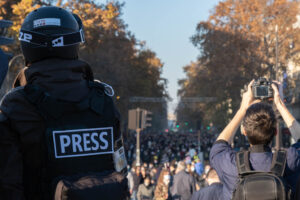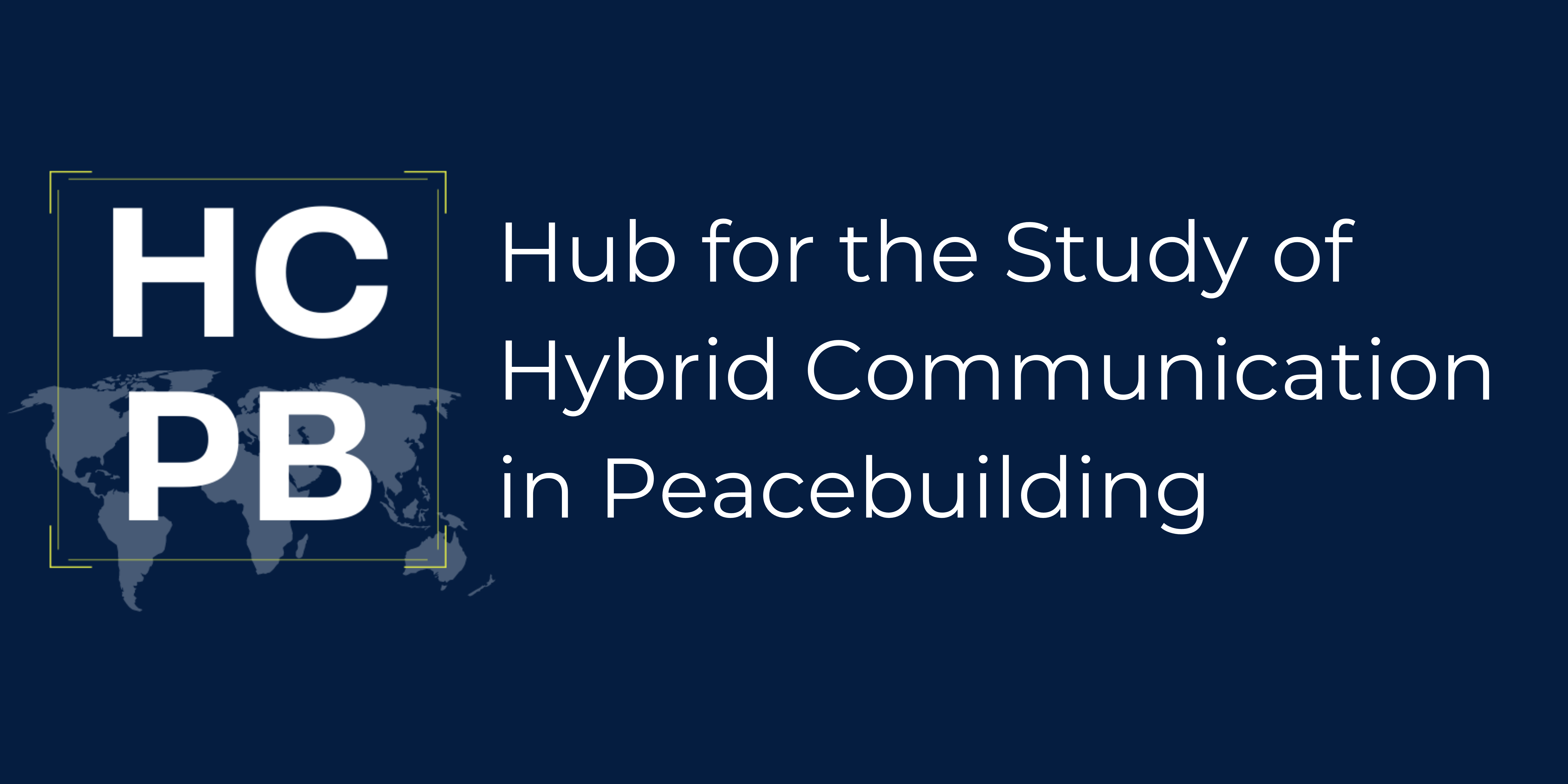OUR EVENTS
The importance of monitoring violations against journalists

Routledge Handbook of Conflict and Peace Communication Seminar Series
16 October
17:00 UK Time
In this presentation, Leon Willems and Manizja Aziz from Free Press Unlimited will delve into the practice of monitoring violations against journalist safety, the crucial role of in-country civil society organizations and the challenges they face in their work. The safety of journalists is a prerequisite for the provision of access to reliable information to the public, but journalists worldwide face risks as a result of their work. Monitoring violations helps to gain insight into these risks and to create effective intervention strategies and policies accordingly. However, comprehensive, harmonized data about violations beyond the number of killed journalists is missing, making it difficult to make analyses and compare data across countries. Furthermore, state institutions often lack the willingness to collect data on threats to journalists or to adequately respond to these threats. This results in an alarming statistic of impunity for crimes committed against journalists showing a failure of states to protect journalists. In-country civil society organizations play a crucial role in this regard, as they have the potential to hold nation-states accountable through monitoring and the collection of data that can supplement or even replace the data provided by nation-states
